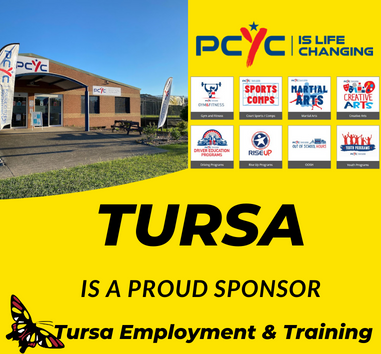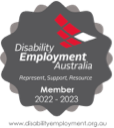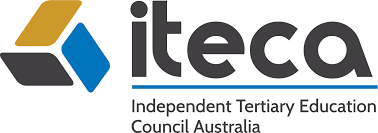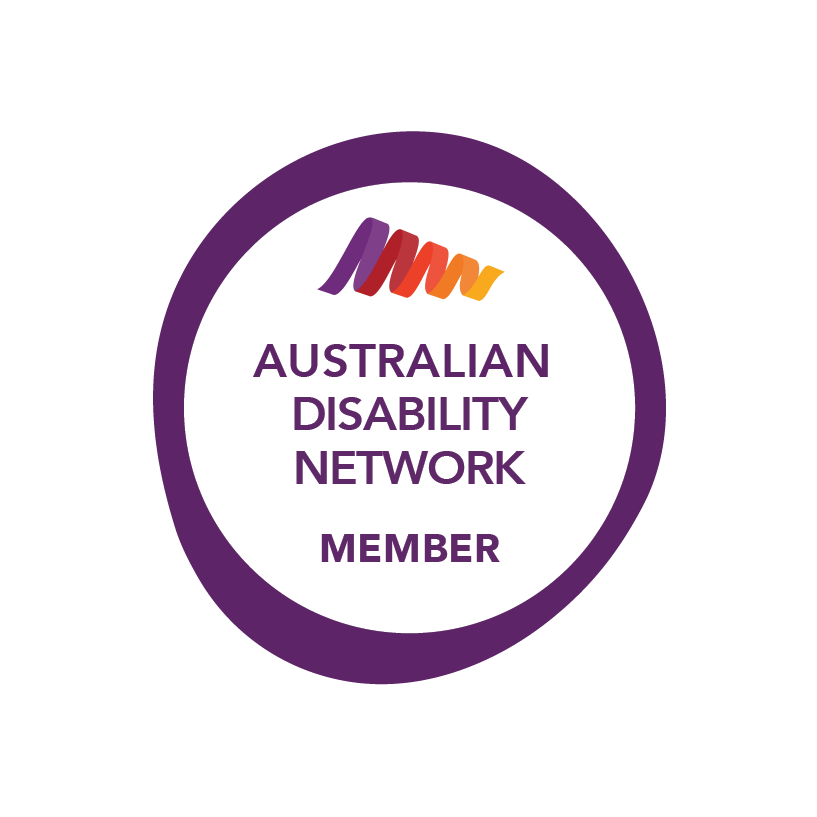What is the PCYC Fit for Life Program?
The PCYC Fit for Life program is designed to provide a safe and supportive space for young people facing personal or social challenges. These challenges may include family issues, drug and alcohol use, mental health issues, or difficulties with school or employment. The program aims to empower young people to develop resilience and positive life skills through various activities and experiences.
How Does the Program Work?
The PCYC Fit for Life program is a structured program that runs for several months, typically 1 school term. Participants attend regular sessions where they engage in activities to build their skills, confidence, and self-esteem. These activities may include sports, such as basketball or boxing, or creative activities. The program also provides mentoring and support from trained youth workers who work with participants to set goals and develop life strategies to achieve them.
The program is delivered in a group setting, with participants working together to build positive relationships and support each other. The group setting provides a sense of belonging and helps young people feel connected to their peers and community. This can be particularly important for young people who feel isolated or disconnected from their peers and community.
Who Can Participate in the Program?
The PCYC Fit for Life program is open to young people between 10 and 18 who face personal or social challenges. Participants may be referred to the program by schools, community organizations, or other support services, or they may self-refer.
The program is designed to be inclusive and accessible to young people from diverse backgrounds, including those from culturally and linguistically diverse backgrounds, Aboriginal and Torres Strait Islander young people, and young people with disabilities.
What are the Benefits of the Program?
The PCYC Fit for Life program has been shown to have a range of benefits for young people who participate. These benefits include:
- Improved self-esteem and confidence
- Enhanced social skills and the ability to build positive relationships
- Increased resilience and the ability to cope with challenges
- Improved mental health and well-being
- Reduced risk-taking behaviours, such as drug and alcohol use
- Enhanced educational outcomes, including increased attendance and engagement in school.
The program also provides opportunities for young people to develop new skills and interests, which can help build their identity and purpose.















